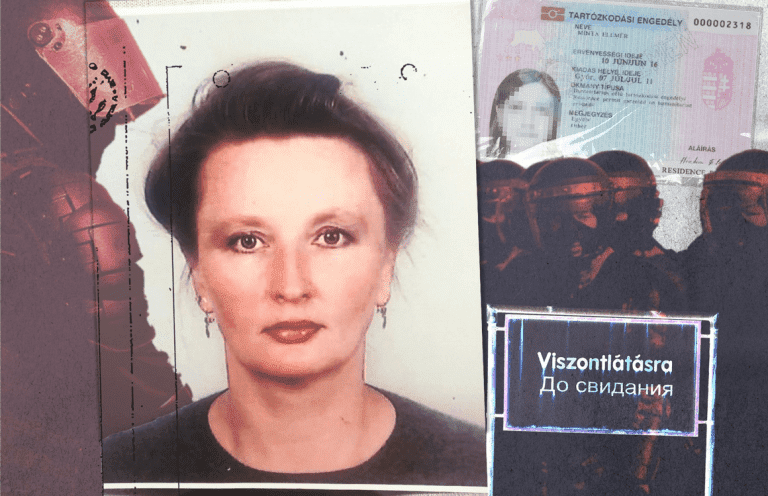Russian refugee who fled to Hungary from the secret services cannot be deprived of her refugee status without a clear reason
On 23 March, the court annulled the earlier decision to withdraw Ms Gáborné Nagy’s international protection and ordered the authorities to start a new procedure. The judgement ruled that if the National Directorate-General for Aliens Policing (OIF) still wants to deprive her of her refugee status, it has to find properly founded, reasoned objections, and make them available to the person concerned so that she can express her views.
Translation is available for this content
Váltás magyarra
Ms Gáborné Nagy fled to Hungary as a young mother to escape Russian secret services that had tried to recruit her, imprisoned her for months, and tortured her. She had already lived in Hungary for decades as a grandmother when the Counterterrorism Centre (TEK) saw her as a national security risk and wanted to deprive her of the refugee status that had been by a court in 2007. The TEK didn’t even provide any explanation for this. Then the OIF also speculated that since she was already divorced from her Russian husband, who had received asylum in the US (and the FSB tried to recruit her because of him), the Russian secret service must have forgotten about her. As a result, Ms Gáborné Nagy has been living in total uncertainty since 2020. This has been a source of anguish for her and her entire family.
Many other clients of the Hungarian Helsinki Committee ended up finding themselves in the same situation in recent years – they have had to defend themselves in court without ever knowing why they were considered a security risk. Although the national security allegations have subsequently been proven unfounded in several cases, the clients have never been told the reasons.
In addition to the Hungarian court’s decision, the Court of Justice of the European Union decided in another case of the Hungarian Helsinki Committee last year that refugees also have the right to a fair trial and the right to defence. This includes the right to know why protection has not been granted or has been withdrawn.
We are confident that the authorities will reconsider their position and do not revoke Ms Gáborné Nagy’s protection status. In the future, no one should be subject to arbitrary state procedures where they cannot know the reasons why they are considered a threat.